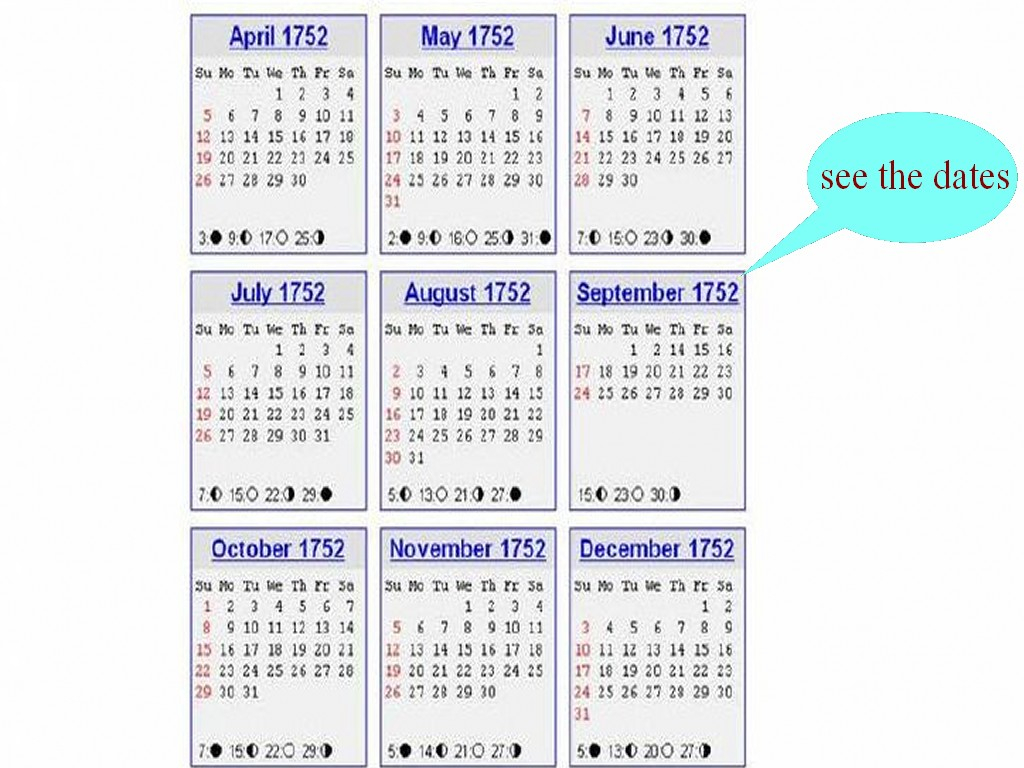In 1752, the Gregorian calendar was adopted in Great Britain and its colonies, including the American colonies. This change was made to align the calendar year more closely with the solar year, correcting discrepancies that had accumulated over centuries using the Julian calendar. As a result of this reform, September had a unique calendar in 1752.
One of the most notable features of the 1752 calendar of September was the omission of 11 days. In order to transition from the Julian calendar to the Gregorian calendar, the British government decided to skip 11 days in September. As a result, the month went from September 2nd to September 14th, creating a unique calendar for that year.
1752 Calendar Of September
Significance of the 1752 Calendar of September
The 1752 calendar of September holds historical significance as it marks a major calendar reform in Great Britain and its colonies. This change not only corrected the inaccuracies of the Julian calendar but also brought the British Empire in line with other European countries that had already adopted the Gregorian calendar. Understanding the unique calendar of September 1752 provides insight into the evolution of timekeeping and the impact of calendar reforms on society.
